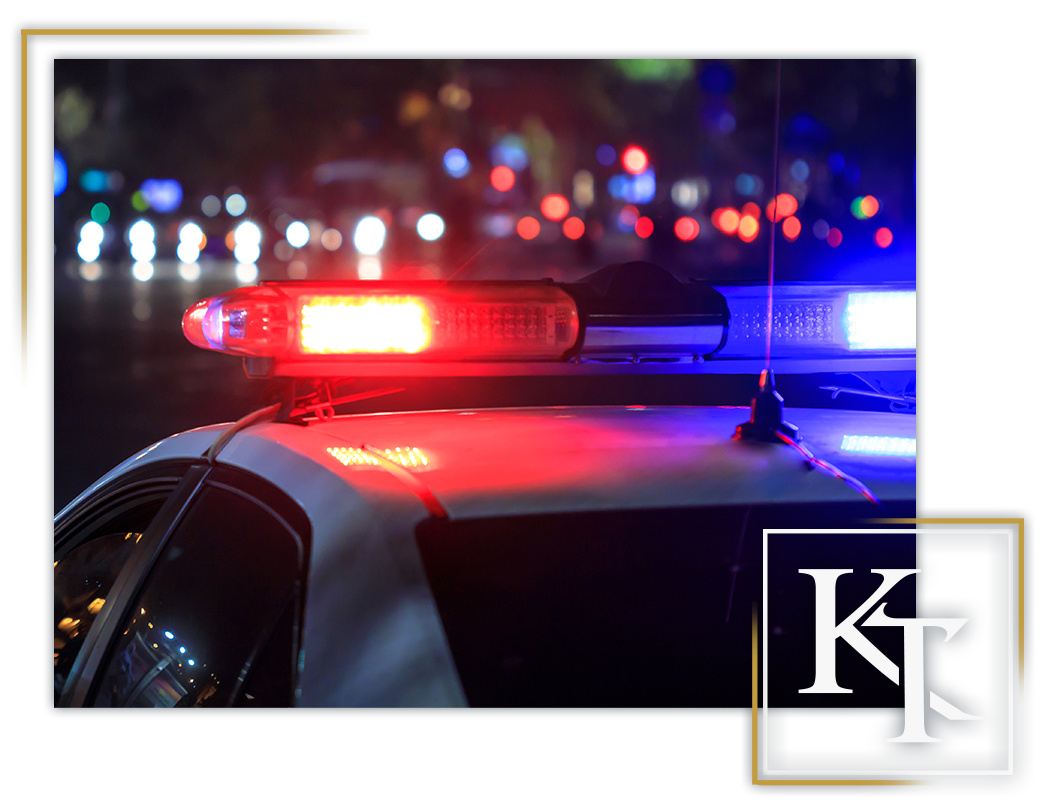
DUI FAQs

Frequently Asked Questions: DUI
Rancho Cucamonga DUI Lawyer
Q: What does BAC stand for?
Q: What are the penalties for a DUI conviction?
Q: Can the authorities pull me over, arrest and detain me without probable cause?
Q: What is the "Implied Consent" law?
Q: Can you contest the results of my breath test in court?
Q: What are some defenses for DUI charges?
Q: How long will a DUI conviction remain on my record?
BAC is short for your Blood Alcohol Concentration percentage in your blood. By measuring your BAC level, law enforcement officials can tell how much you have had to drink and determine whether or not you are legally impaired. In the state of California, if you are found to have more than .08% alcohol in your bloodstream, then you are considered to be above the legal limit and unable to safely operate a motorized vehicle.
What are the penalties for a DUI conviction?
Under the California Vehicle Code § 23152, it clearly defines the phrase "driving under the influence" of alcohol or drugs. If you are convicted on DUI in this state it is typically categorized as a misdemeanor violation and is punishable for up to one year in county jail, after that you will have informal probation for three to five years. You can also face a minimum fine of $390 and have your driver's license suspended for at least six months, unless you schedule a DMV hearing and win. On top of that, you are also looking at DUI driving school and possible car insurance repercussions. If you are convicted of a fourth DUI offense all within a ten-year period, then you could be facing a felony DUI offense and face aggravated DUI penalties.
Can the authorities pull me over, arrest and detain me without probable cause?
Absolutely not. Law enforcement officials must have sufficient facts in order to prove they have probable cause for pulling you over, taking you into custody and detaining you. They must also have probable cause in order to search your vehicle. If they have reason to believe that you may be driving under the influence and they want to conduct standard field sobriety tests or a breath test, legally they should tell you that you have the right to refuse. Portable breath testing is not required by California State law. If they decide to administer a breath test back at the police station, you have the right to ask for a blood sample so that you can have it tested at an independent lab of your choice. This way you have a way of knowing that the results were not tampered with.
What is the "Implied Consent" law?
In the state of California, if you have a valid driver's license, then according to the law you have already given your legal consent to a breath or blood test if you are ever believed to be driving under the influence. If you do not cooperate with the authorities and refuse to take a test, then legally they must advise you of the consequences. If you refuse and are later convicted of DUI, your penalties could increase. If you are unconscious however at the time of arrest and are unable to give your consent, then the authorities are legally allowed to perform the tests anyways.
Can you contest the results of my breath test in court?
Yes, the fact of the matter is that everyone has a different level of tolerance towards alcohol. For some people, they may only have a BAC level of .05% but they are already intoxicated and unsafe to drive. For others, their tolerance level may be considerably higher and may not be under the influence until they reach .12%. Either way, in order to persuade the prosecution you are going to need a hard-hitting Rancho Cucamonga and San Bernardino DUI attorney fighting on your side. There is also that age old controversy of whether or not the Intoxilyzer 5000EN produces accurate results. Sometimes you will find a court that will let you plead the case that there is marginal room for error either due to a glitch in the software or human error. Contact our firm today and find out how we can help you fight your DUI charges.
What are some defenses for DUI charges?
The main defense that attorneys can use is that what if alcohol was not the reason for your driving issues. If your driving was called into question because you were swerving, you could have been texting or momentarily distracted with the radio. As follow-up evidence for a DUI accusation, the authorities will typically look for the obvious indicators of intoxication when they pull you over. There are other factors that could play a part however, that could make it seem like you are someone who has been drinking. If you are fatigued, suffering from allergies, experiencing heat exhaustion, or even have some other illness that affects your balance or coordination, you may come across as being inebriated when in fact you really aren't. You can also fight your DUI charges if law enforcement did not follow the proper procedure when they pulled you over and arrested you. If there is police misconduct or lack of probable cause for arrest, the judge may have grounds to dismiss your case. You attorney can also investigate and ensure that the police collected and stored your breath or blood sample properly, according to Title 17 of the California Code of Regulation.
How long will a DUI conviction remain on my record?
This is actually a trick question. The state of California views a DUI conviction the same as a criminal conviction, which means that anytime someone pulls up your driving record or your criminal record they will find your past convictions on there. The only way a conviction can be dropped or removed from your record is if the court decides to expunge them.
If you have any more questions regarding your drunk driving charges, then
please do not hesitate to
contact our firm as soon as possible.
Awards & Affiliations
Award-Winning Criminal Defense Firm


-
“A definite must! The outcome was so much more favorable than what it could have been. I am so thankful to Kirk Tarman for the outcome we had for our case.” - Anonymous
-
“An excellent and professional consultation followed by a successful win of my case.” - Dan P.
-
“What made Mr. Tarman stand out from other attorneys I've had in the past was his willingness to fight for me by approaching the judge while court was in and out of session. My family and I would recommend Kirk Tarman and his firm.” - Kevin G
Don't Put Your Future in Jeopardy!
We Provide Aggressive & Reliable Criminal Defense Throughout Southern California.








